
An intersex activist who felt like an “alien” for years is campaigning for mandatory newborn screening to help identify the condition “from day one” to stop others suffering in silence like they did.
John Junior, a 36-year-old mental health campaigner from Manchester, said they felt misunderstood and “different” throughout their childhood, and they began to self-harm around the age of eight.
John, who uses they/them pronouns, was diagnosed with Klinefelter syndrome – where boys and men are born with an extra X chromosome – at age 11, which helped their feelings “make sense”.
According to the NHS, usually, a female baby has two X chromosomes (XX) and a male has one X and one Y (XY), but in Klinefelter syndrome, a boy is born with an extra copy of the X chromosome (XXY).
Due to the condition, John said they experience low testosterone and libido, have testicles the size of “two frozen peas”, have more breast tissue than the average biological male and sometimes urinate themself because of a weak pelvic floor.
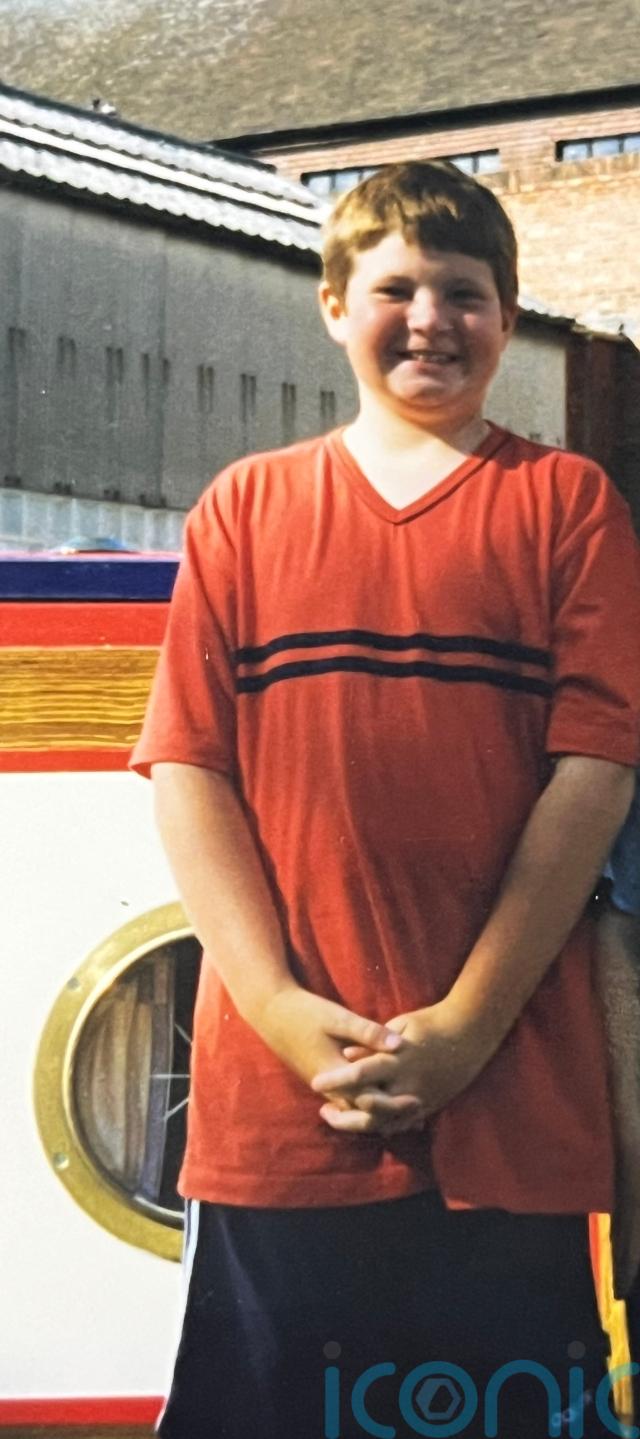
John now identifies as genderfluid but said they continue to face challenges, including people fetishising their condition and having no sex drive.
John told PA Real Life: “I didn’t feel like a little boy, I felt like there was nothing inside, I felt like I was not from this planet.
“That sounds pretty crazy, maybe delusional, but that’s how I felt.
“I felt like an alien… and in year four, I remember having a wee and looking at my todger and just thinking, ‘What’s this? It doesn’t feel like mine’, because inside you feel different to how you look.”
Growing up, John said they had short leg syndrome, where one leg is noticeably shorter than the other, and clubfoot, and was bullied at school because of it.

Their self-esteem was extremely low, and they often felt like they “didn’t belong”, initially believing it was solely due to the bullying.
They said: “It was like everything was all too much, people didn’t understand me.
“I didn’t understand what was going on – I knew I was different from other boys, but I couldn’t explain myself or express it… I just felt all alone.
“I used to run away from home and I thought it would make my problems go away.”

These feelings of being misunderstood led them to self-harm from around the age of eight, and they experienced suicidal thoughts for “years on end”.
In secret, John used to wear their mum’s clothes and, after she found out and John told her it “felt good and normal”, she was “very supportive”.
At age 11, during a pre-operative appointment for John’s leg condition, a blood test revealed they had been born intersex and had Klinefelter syndrome.

John said doctors explained they could live a “normal life”, but would need testosterone replacement therapy for the rest of their life.
According to the NHS, intersex – also known as differences in sex development – refers to conditions where a person’s sex characteristics do not fit typical male or female patterns.
Klinefelter syndrome is one such condition, where a male is born with an extra X chromosome.
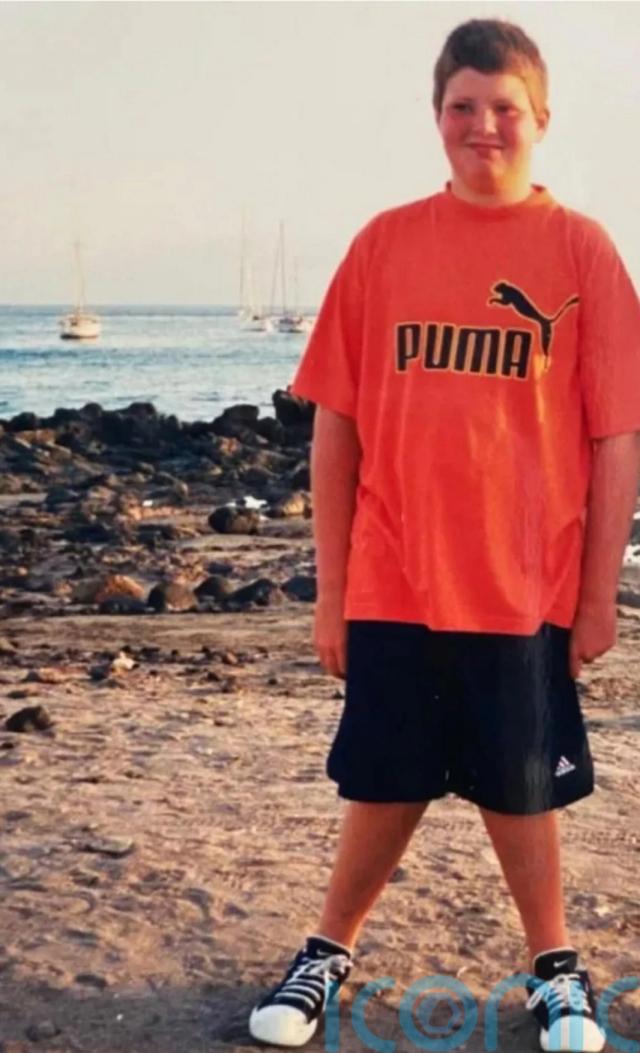
This means the body does not produce the usual levels of testosterone – the hormone responsible for developing male characteristics such as testes, body hair, bone strength and fertility.
John said: “It made sense – I thought maybe that’s to do with how I was feeling, and my mum thought the same.
“I almost had a bit of closure and, as time went on, I started feeling better within myself – but it was very confusing.”
As they grew older, John also noticed anatomical differences.
When they reached adulthood, John began to view their gender as “fluid”, describing themself as almost the “definition of non-binary” because of their “abnormal chromosomes”.
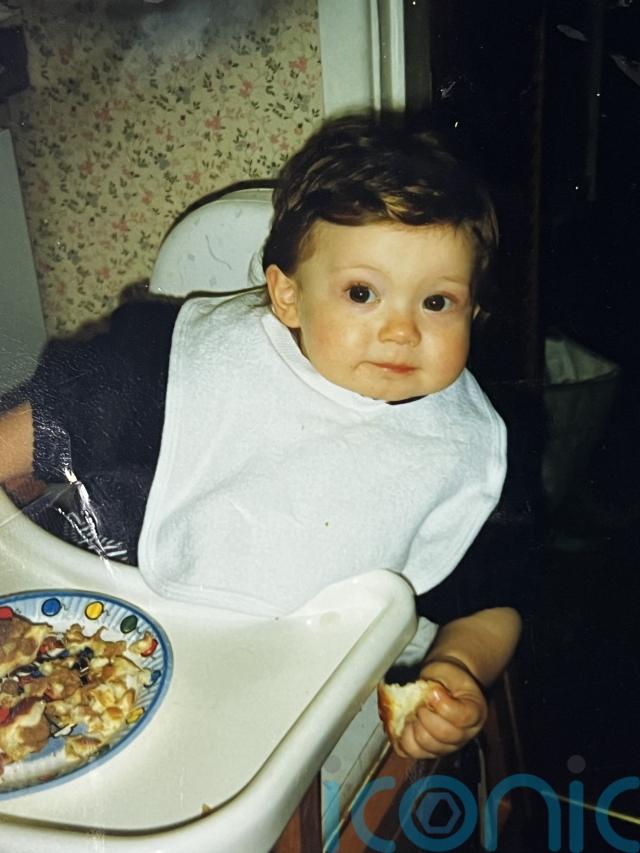
“It’s difficult to explain – I like to wear make-up but I’m not trans, I like having my beard too,” John explained.
“I think everyone wants a label and I don’t really feel the need to have a label.”
Dating has also been challenging, with some people fetishising their condition and describing it as “hot or sexy”, which John finds “insensitive” as it overlooks the years of confusion and low self-esteem they experienced.
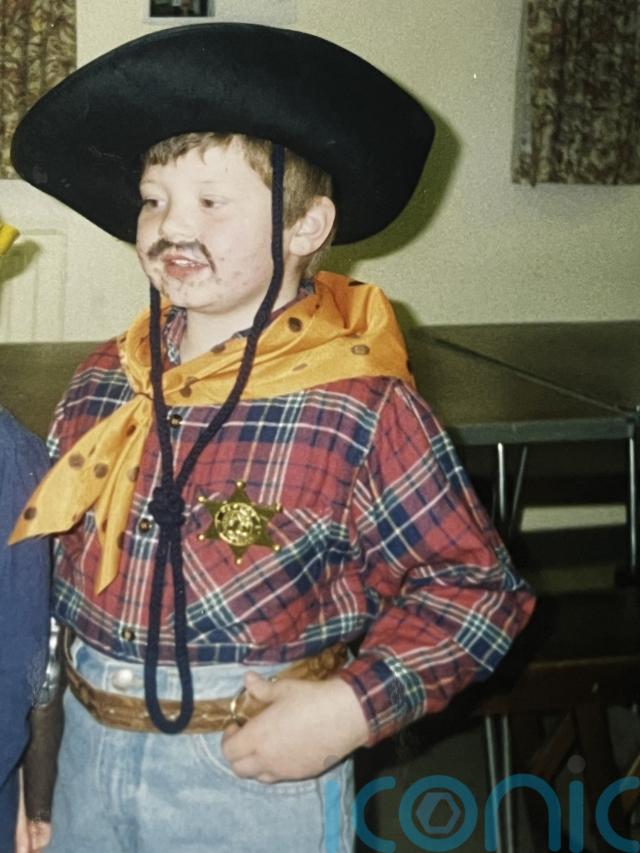
The condition also means John experiences low libido, which can make romantic relationships even more difficult.
“I’m going to drop the mic now – I’ve never felt horny in my life,” they said.
“I don’t know what that feels like, I’ve done my research but I’ve never had that rush.
“I can get an erection but I’ve always had to use Viagra because it doesn’t stay hard, and I don’t make sperm at all.”
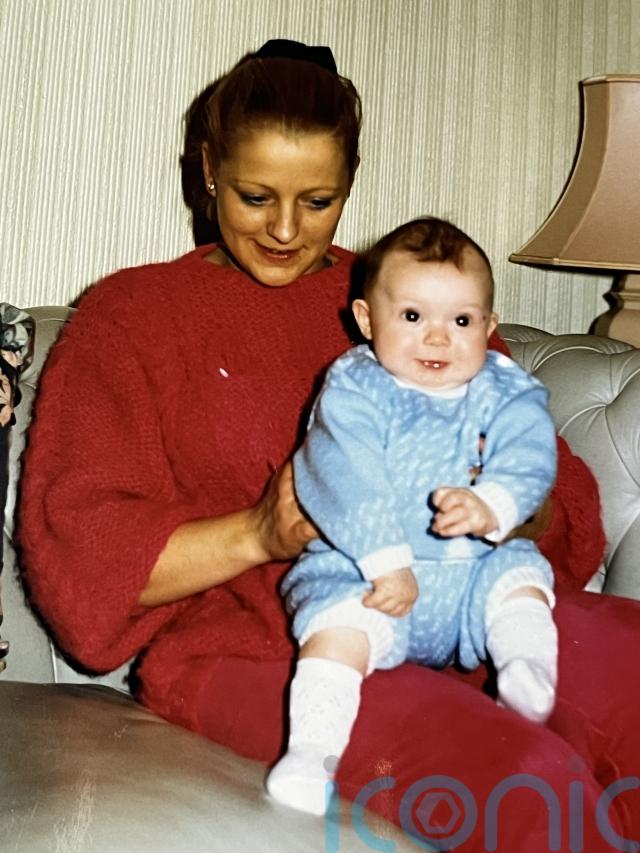
John now shares their experiences on TikTok under the handle @itsduckman, where they also post videos featuring their toy duck, which they take to most places for comfort.
Since starting the account, John has received messages from others who were born intersex.
“I trust them, I feel instantly connected to these people,” they said.
“I’ve never knowingly met anyone the same as me.”
Looking ahead, John wants to ensure fewer people go through the same feelings of confusion and distress.
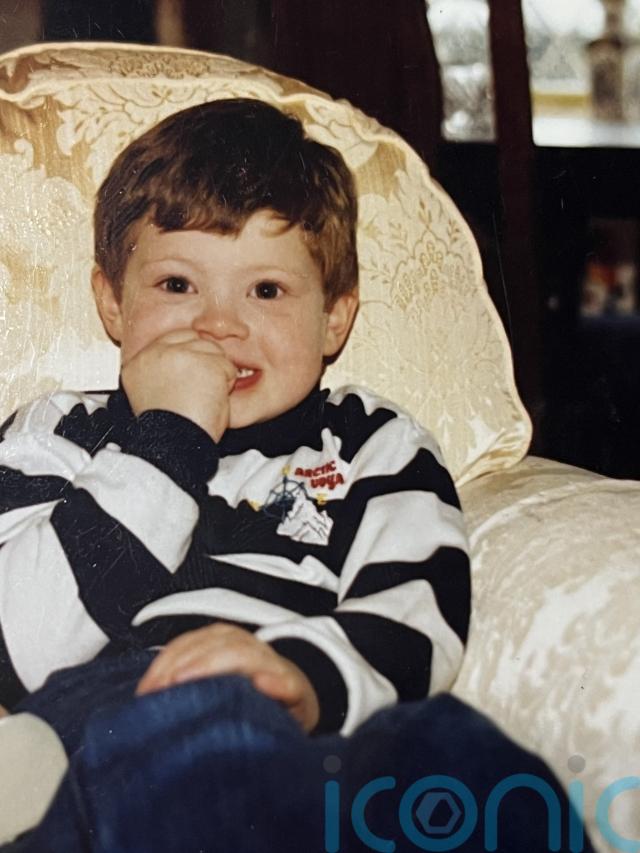
In many cases, the condition is only discovered if a man undergoes fertility tests later in life, the NHS says, so John has set up a Change.org petition, campaigning for mandatory Klinefelter syndrome newborn screening in all UK hospitals.
“Every child deserves to know their biological reality from day one,” they said.
“It would prevent years of mental health struggles, confusion and trauma like I experienced, and people wouldn’t have to suffer in silence.”

To others with the condition, they added: “Please reach out to someone and don’t be afraid.
“I know what it’s like to be scared and afraid, but it can get better.”
A Department of Health and Social Care spokesperson said: “It is vital to see a GP regarding any concerns surrounding a child’s development or any symptoms of Klinefelter syndrome.
“Whilst there is no cure, there are treatments available to help manage the condition.
“The UK National Screening Committee (UK NSC) has reviewed the evidence for screening and concluded that there isn’t sufficient evidence to support a population-wide screening programme for Klinefelter syndrome.”
For more information about John’s campaign, visit: www.change.org/p/no-child-has-to-suffer-mandatory-newborn-testing-for-klinefelter-syndrome.
If you have been affected by any of the issues raised in this story, you can contact Samaritans for free on 116 123 or visit www.samaritans.org for confidential support, 24 hours a day.
Subscribe or register today to discover more from DonegalLive.ie
Buy the e-paper of the Donegal Democrat, Donegal People's Press, Donegal Post and Inish Times here for instant access to Donegal's premier news titles.
Keep up with the latest news from Donegal with our daily newsletter featuring the most important stories of the day delivered to your inbox every evening at 5pm.